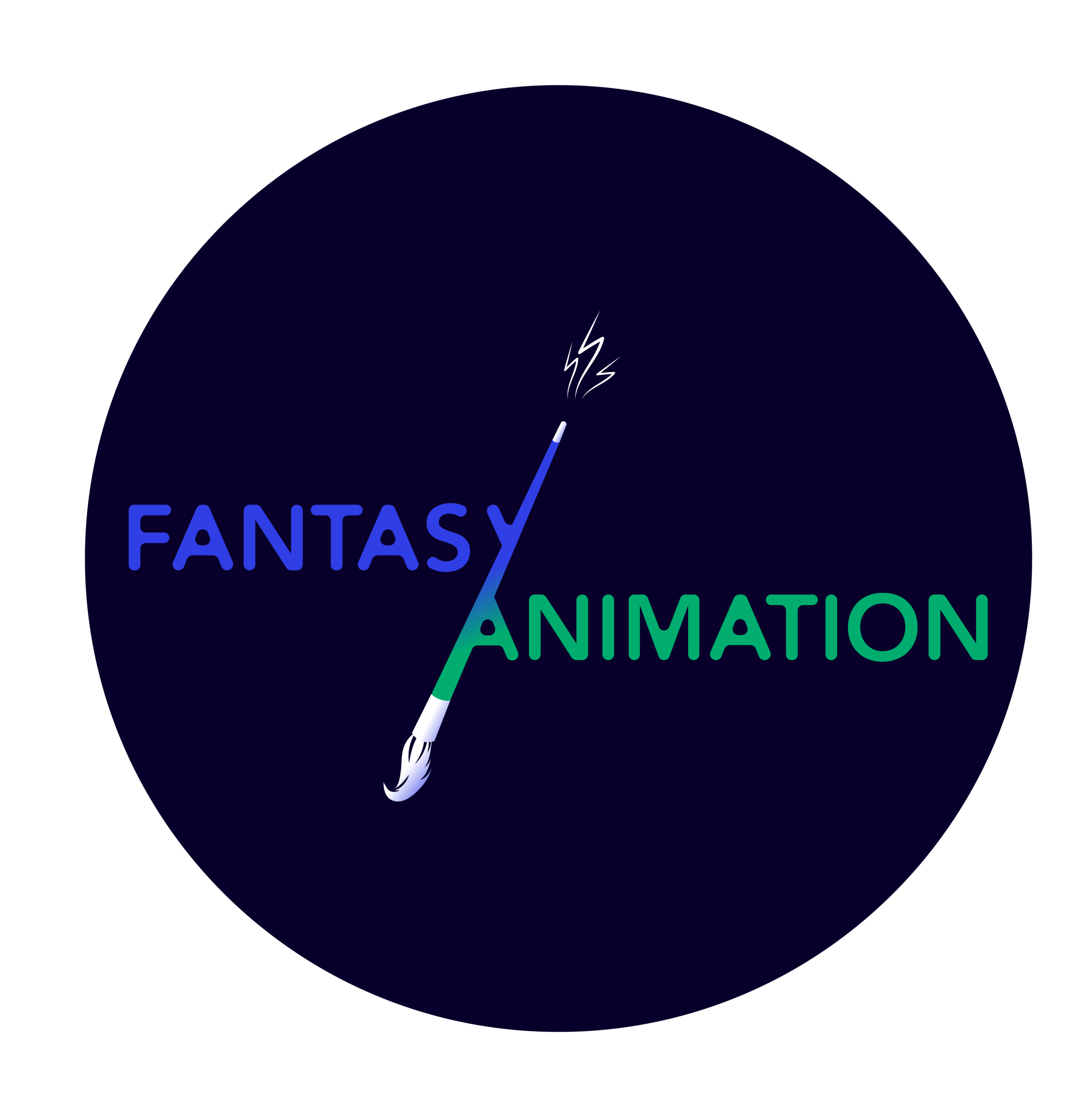Episode 140 - Terminator 2: Judgment Day (James Cameron, 1991) (with Yvonne Tasker)
The Fantasy/Animation podcast takes listeners on a journey through the intersection between fantasy cinema and the medium of animation. Available via Apple Podcasts, Spotify and many of your favourite podcast hosting platforms!
Professor Yvonne Tasker is the very special guest for Episode 140 of the podcast, joining Chris and Alex for this discussion of action spectacle and the gendered body in science-fiction sequel Terminator 2: Judgment Day (James Cameron, 1991). Across several foundational publications that have interrogated the intersections between genre and gender, including the monographs Spectacular Bodies: Gender, Genre and Action Cinema (Routledge, 1993) and Working Girls: Gender and Sexuality in Popular Cinema (Routledge, 1998) and the edited anthology The Hollywood Action and Adventure Film (Wiley-Blackwell, 2015), Professor Tasker’s research has explored the convergence of feminism and gender cultures through popular media. Topics for this instalment include Terminator 2: Judgment Day’s presentation of the female body and 1980s Hollywood “muscularity”; technofuturist vs. simulationist registers of VFX imagery in Hollywood’s “wonder years”; the metamorphosing T-1000 and the formal presentation of computer-generated imagery; the place of James Cameron’s science-fiction epic within broader Hollywood histories of the genre and overlaps with the war movie; and what Terminator 2 has to say about computers given its defining treatment of an international technological threat.
**Fantasy/Animation theme tune composed by Francisca Araujo**
**As featured on Feedspot’s 25 Best London Education Podcasts**
Suggested Readings
Jeffords, Susan. 1994. Hollywood Masculinity in the Reagan Era. New Jersey: Rutgers University Press.
Jones, Nick. 2019. “The Perpetual Motion Aesthetic of Action Cinema.” In A Companion to the Action Film, ed. James Kendrick, 99-117. Oxford: Wiley-Blackwell.
Ndalianis, Angela. 2000. “Special Morphing Magic, and the 1990s Cinema of Attractions.” In Meta-Morphing: Visual Transformation and the Culture of Quick Change, ed. Vivian Sobchack, 250-272. Minneapolis: University of Minnesota Press.
Pierson, Michele. 2002. Special Effects: Still in Search of Wonder. New York: Columbia University Press.
Prince, Stephen. 1996. “True Lies: perceptual realism, digital images, and film theory.” Film Quarterly 49, no. 3: 27-37.
Tasker, Yvonne. 1993. “Dumb Movies For Dumb People: Masculinity, the body, and the voice in contemporary action cinema.” In Screening the Male: Exploring Masculinities in Hollywood Cinema, eds. Steven Cohan and Ina Rae Hark, 230-244. New York: Routledge.

